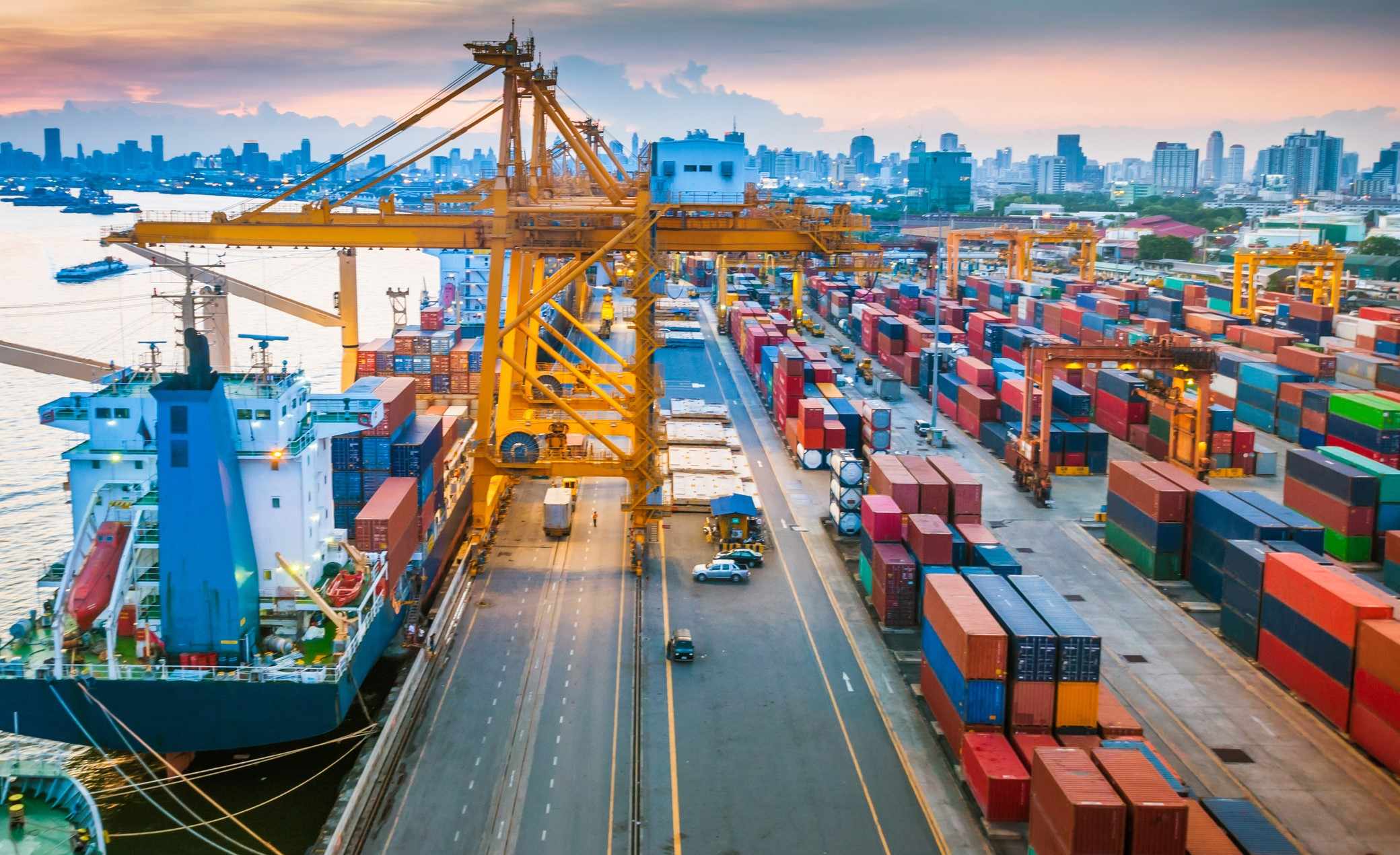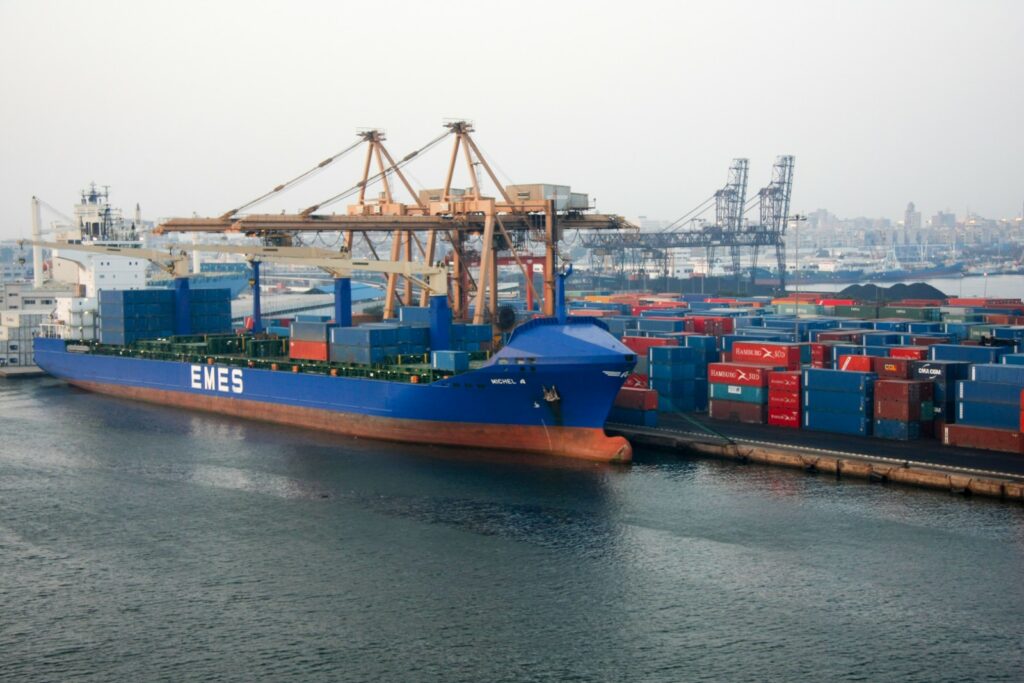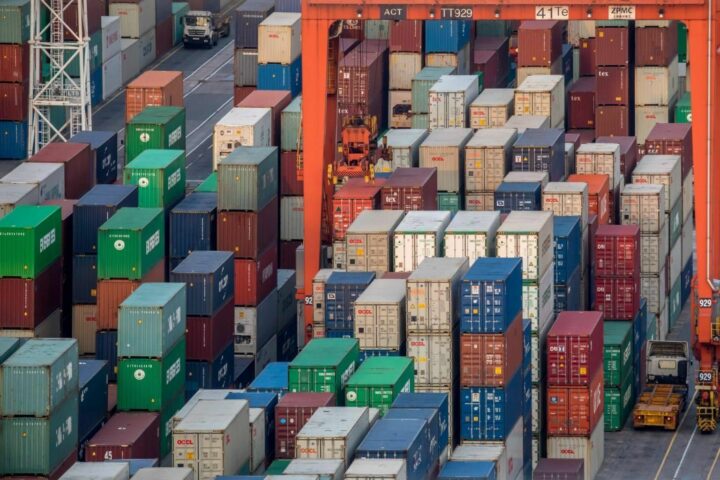Overview of Egypt’s Imports
Egypt imports a diverse range of goods, including food products, machinery, equipment, chemicals, and raw materials. These imports play a crucial role in supplementing domestic production, meeting consumer demand, and supporting key industries.
Importance of Imports to Egypt
Imports are vital to Egypt’s economy, providing essential goods and resources that contribute to economic growth and development. They help ensure food security, supply raw materials for manufacturing, and facilitate technological advancements through the importation of machinery and equipment.

Major Categories of Imports
Food Products
Egypt imports a significant amount of food products, including grains, edible oils, meat, dairy products, and fruits. These imports are essential for meeting the dietary needs of its population and maintaining food security.
Machinery and Equipment
Imports of machinery and equipment support various sectors of the economy, including manufacturing, construction, and infrastructure development. Egypt imports machinery for agricultural activities, industrial processes, transportation, and energy production.
Chemicals and Petrochemicals
The country imports chemicals and petrochemicals for use in industries such as pharmaceuticals, textiles, plastics, and cosmetics. Petrochemical imports include refined petroleum products, polymers, and fertilizers.
Raw Materials
Egypt imports raw materials such as metals, minerals, and timber to support its manufacturing and construction industries. These materials are crucial for producing goods and developing infrastructure.
Factors Influencing Egypt’s Import Trends
Several factors influence Egypt’s import trends, including economic conditions, exchange rates, trade policies, and global market dynamics. Additionally, government regulations, import tariffs, and trade agreements also play a significant role in shaping import patterns.
Fun and Interesting Facts about Egypt’s Imports
- Egypt is one of the world’s largest importers of wheat, reflecting its heavy reliance on imported grains to produce bread, a staple food in Egyptian cuisine.
- Despite being a major cotton producer, Egypt imports substantial quantities of cotton for textile manufacturing, indicating the demand for high-quality fibers.
- The importation of machinery and equipment has been increasing in recent years as Egypt strives to modernize its infrastructure and enhance industrial productivity.
Commonly Asked Questions
What are Egypt’s top trading partners for imports?
Egypt’s top trading partners for imports include China, the United States, Germany, Italy, and Saudi Arabia.
How does Egypt regulate imports?
Egypt regulates imports through customs regulations, import tariffs, import licensing requirements, and adherence to quality standards enforced by government agencies.
What are the main challenges facing Egypt’s import sector?
Challenges facing Egypt’s import sector include currency fluctuations, trade deficits, import dependency, and compliance with international trade agreements.
How does Egypt ensure the quality and safety of imported goods?
Egypt has regulatory bodies such as the Egyptian Organization for Standardization and Quality Control (EOS) and the General Organization for Export and Import Control (GOEIC) responsible for ensuring the quality and safety of imported goods through inspections and quality control measures
What does Egypt import the most?
Egypt imports a diverse range of goods, but the most imported items include food products such as grains, edible oils, meat, and dairy products, as well as machinery, equipment, chemicals, and raw materials.
What do we import from Egypt?
From Egypt, countries import various goods, including agricultural products such as fruits, vegetables, and cotton, as well as petroleum and petroleum products, textiles, chemicals, and raw materials.
What items did Egypt import?
Egypt imports a wide range of items, including but not limited to food products, machinery, equipment, chemicals, petrochemicals, raw materials, textiles, and consumer goods.
Does Egypt rely on imports?
Yes, Egypt relies significantly on imports to meet the demands of its population and support various industries. The country imports goods to supplement domestic production, fulfill consumer demand, and support economic growth.
Does Egypt import more than exports?
Yes, Egypt generally imports more goods than it exports, resulting in a trade deficit. The country’s imports exceed its exports due to factors such as population growth, industrial needs, and consumer demand.
What percentage of Egypt is imported?
The percentage of imports in Egypt’s GDP varies from year to year but generally ranges between 30% to 40%, indicating a significant reliance on imported goods to support its economy.
- List of Foreign Embassies in Austria - June 29, 2024
- Australia Import Restrictions - June 24, 2024
- What is the Capital of Argentina? Buenos Aires - June 14, 2024








